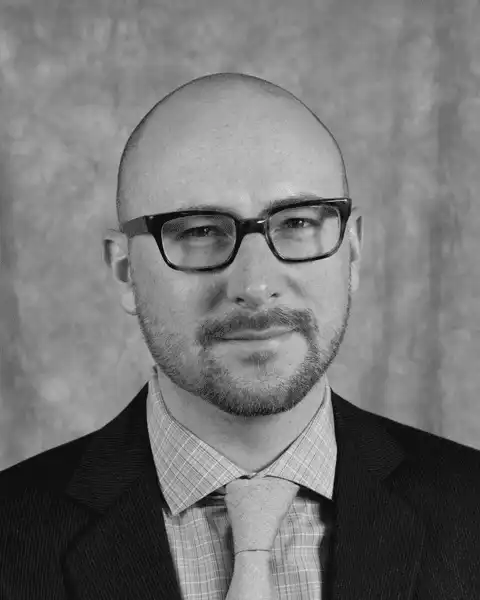Home>Andrew Ziaja: The Multiple Worlds of Law
06.12.2021
Andrew Ziaja: The Multiple Worlds of Law

Andrew Ziaja is a Sciences Po masters graduate who recently transitioned to a role as a labor lawyer in the Contempt, Compliance, and Special Litigation Branch of the National Labor Relations Board (NLRB). In the following interview, he speaks about his shift from private practice law to working at a federal level, his studies at Sciences Po, and his advice for younger students looking to pursue a career in law.
Ziaja completed a Master of Public Affairs at Sciences Po from 2010 to 2012. Ziaja desired to expand his expertise into public policy and management after receiving a law degree and working for two years as an Attorney Advisor at the U.S. Department of Labor in the San Francisco Bay Area. At Sciences Po, Ziaja’s coursework was rigorous, but he also reflects fondly on his time in Paris. “Compared to going to law school, with so many students, Sciences Po felt so personal. It was intimate within our cohort of students,” he says.
After Sciences Po, he moved with his wife to Arizona, where he spent time teaching at the University of Arizona. They then moved back to the San Francisco area, where Ziaja worked as a labor lawyer with Leonard Carder LLP, a union-side law firm. His most recent career shift was into the federal government, working with the NLRB in Washington D.C.
Ziaja describes the differences between private practice and the federal level. “In private practice, every day is a new crisis. You get pulled from one issue to another,” he says. “That is the nature of private practice. There are long range issues that do develop, but it is a lot of solving crises at the moment and you do not have a lot of time to react. It seems like this can also be present in working for a federal agency. But the big difference is that there is space for a different kind of thinking, bigger picture thinking.”
Ziaja also discusses some of the challenges within his field: “There are a lot of different kinds of ways to be a lawyer,” he says. “Something about being a union side labor lawyer, that is a defining aspect of my career, is how much responsibility and opportunity there is to be the person assigned to a case. You are expected to do it all for your client because on the union side, there aren’t bottomless resources. The great thing about that is that I got to do things that I would not have been able to do earlier in my career, like argue in front of courts as the primary attorney on the case. That takes quite a while to do in other contexts.”
He also discusses the consistent energy and commitment required to continually fight through the obstacles that his clients faced. The labor movement and unions in the United States can face a difficult environment in the courts, and the challenges are constant. Despite the challenges, he says, “I do think it can be thrilling work.”
Ziaja emphasizes three areas where Sciences Po strengthened his skills in the courtroom: pension bargaining, management training, and data analysis. “Sciences Po taught me how to think about pension programs, the math, and the economic implications of a particular proposal. I felt many times the finance and economics courses helped me get a leg up faster than I might have otherwise,” he says. “Having some exposure to data analysis and statistical methods [at Sciences Po] helped me cut through what was happening on the facts side of those cases.” Sciences Po exposed Ziaja to the statistical methods and training he did not gain at law school, which strengthened his skills in the courtroom.
For students who are interested in a career in law, Ziaja encourages them to use their time both within and outside of the classroom to prepare. “Experiential learning is as least as important as the classroom component,” he says. “The experiential side is an area where I benefited from greatly in the long run.”